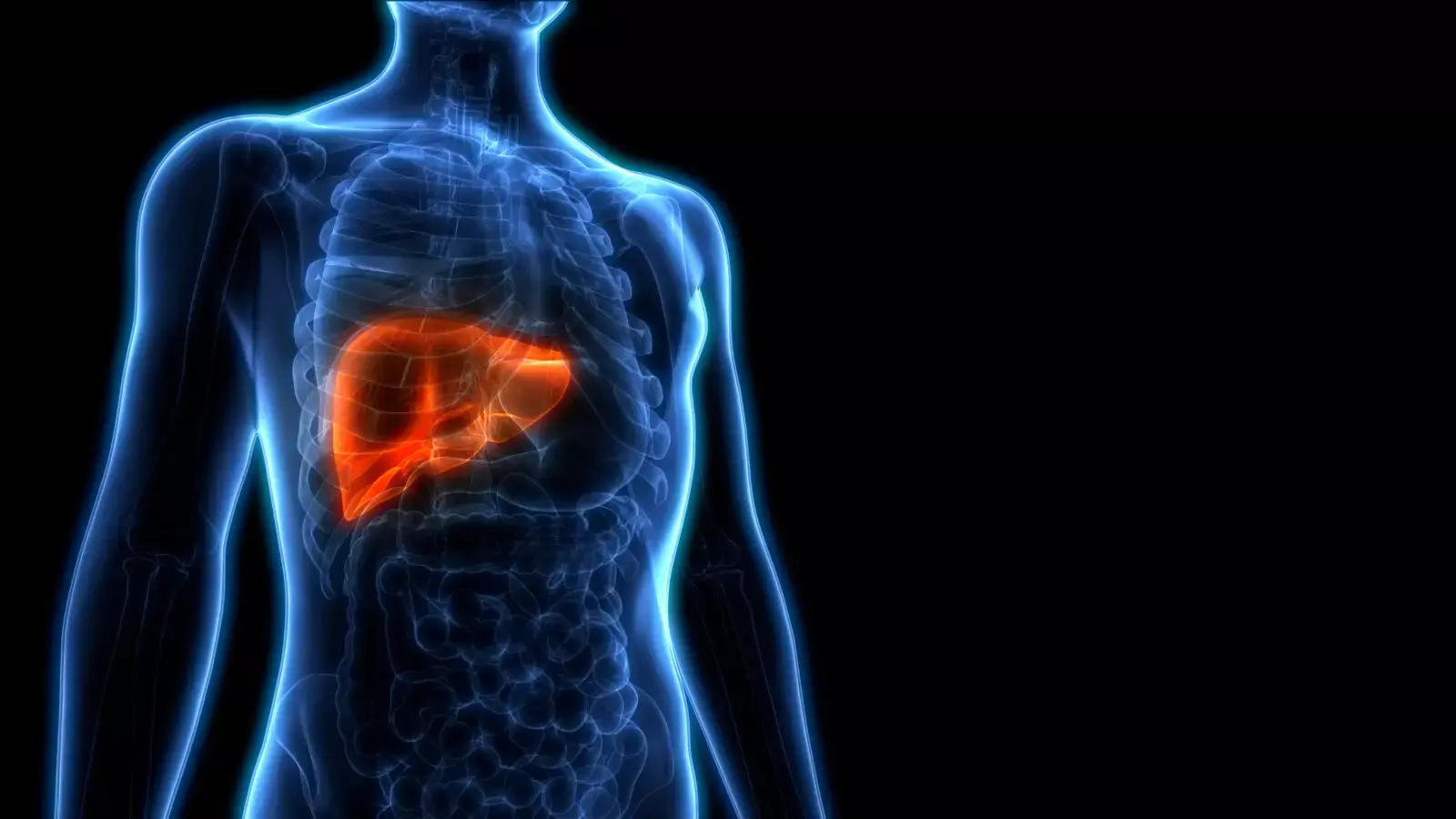- Home
- Medical news & Guidelines
- Anesthesiology
- Cardiology and CTVS
- Critical Care
- Dentistry
- Dermatology
- Diabetes and Endocrinology
- ENT
- Gastroenterology
- Medicine
- Nephrology
- Neurology
- Obstretics-Gynaecology
- Oncology
- Ophthalmology
- Orthopaedics
- Pediatrics-Neonatology
- Psychiatry
- Pulmonology
- Radiology
- Surgery
- Urology
- Laboratory Medicine
- Diet
- Nursing
- Paramedical
- Physiotherapy
- Health news
- Fact Check
- Bone Health Fact Check
- Brain Health Fact Check
- Cancer Related Fact Check
- Child Care Fact Check
- Dental and oral health fact check
- Diabetes and metabolic health fact check
- Diet and Nutrition Fact Check
- Eye and ENT Care Fact Check
- Fitness fact check
- Gut health fact check
- Heart health fact check
- Kidney health fact check
- Medical education fact check
- Men's health fact check
- Respiratory fact check
- Skin and hair care fact check
- Vaccine and Immunization fact check
- Women's health fact check
- AYUSH
- State News
- Andaman and Nicobar Islands
- Andhra Pradesh
- Arunachal Pradesh
- Assam
- Bihar
- Chandigarh
- Chattisgarh
- Dadra and Nagar Haveli
- Daman and Diu
- Delhi
- Goa
- Gujarat
- Haryana
- Himachal Pradesh
- Jammu & Kashmir
- Jharkhand
- Karnataka
- Kerala
- Ladakh
- Lakshadweep
- Madhya Pradesh
- Maharashtra
- Manipur
- Meghalaya
- Mizoram
- Nagaland
- Odisha
- Puducherry
- Punjab
- Rajasthan
- Sikkim
- Tamil Nadu
- Telangana
- Tripura
- Uttar Pradesh
- Uttrakhand
- West Bengal
- Medical Education
- Industry
Alcohol intake and obesity independently aggravate cirrhosis morbidity: Study

UK: According to an article published in the Hepatology journal, obesity and alcohol consumption are both independent risk factors for cirrhosis morbidity, but they do not combine supra-additively to affect the cumulative incidence of this condition.
Alcohol consumption and body mass index (BMI) are assumed to interact supra-additively to modulate the risk of cirrhosis, however evidence for this is scarce. As a result, Hamish Innes and colleagues looked into the impact of alcohol and BMI on the incidence of cirrhosis morbidity in the United Kingdom Biobank (UKB) research participants.
The primary outcome was the cumulative incidence of cirrhosis morbidity, which was defined as a first-time cirrhosis hospitalization (with noncirrhosis mortality incorporated as a competing risk). The analysis included all UKB participants who had not previously been admitted to a hospital for cirrhosis. According to BMI, the ratio of the 10-year cumulative incidence among dangerous drinkers versus safe drinkers was calculated. Individuals with obesity and/or harmful alcohol had an elevated cumulative incidence of 10 years when compared to healthy drinkers with a BMI of 20-25.0 kg/m2.
The key findings are as follow:
1. A total of 489,285 UK Biobank participants were included in the study, with an average follow-up of 10.7 person-years.
2. The primary outcome was experienced by 2070 people, resulting in a crude cumulative incidence of 0.36 percent after ten years.
3. If BMI was healthy, the 10-year cumulative incidence for dangerous (1.38%) versus safe (0.16%) drinkers was 8.6 times greater.
4. Obese participants, on the other hand, only had a 3.6-fold increase (1.99% vs. 0.56%).
5. For hazardous drinkers with a healthy BMI, the excess cumulative incidence was 1.22%, 0.40% for obese individuals drinking at safe levels, and 1.83% for obese problematic drinkers (all compared to safe drinkers with a healthy BMI).
In conclusion, alcohol consumption and obesity were found to be independent risk variables for cirrhosis morbidity in this investigation.
Reference:
Innes H, Crooks CJ, Aspinall E, Card TR, Hamill V, Dillon J, Guha NI, Hayes PC, Hutchinson S, West J, Morling JR. Characterizing the risk interplay between alcohol intake and body mass index on cirrhosis morbidity. Hepatology. 2022 Feb;75(2):369-378. doi:10.1002/hep.32123. Epub 2021 Dec 6. PMID: 34453350.
Medical Dialogues consists of a team of passionate medical/scientific writers, led by doctors and healthcare researchers. Our team efforts to bring you updated and timely news about the important happenings of the medical and healthcare sector. Our editorial team can be reached at editorial@medicaldialogues.in.
Dr Kamal Kant Kohli-MBBS, DTCD- a chest specialist with more than 30 years of practice and a flair for writing clinical articles, Dr Kamal Kant Kohli joined Medical Dialogues as a Chief Editor of Medical News. Besides writing articles, as an editor, he proofreads and verifies all the medical content published on Medical Dialogues including those coming from journals, studies,medical conferences,guidelines etc. Email: drkohli@medicaldialogues.in. Contact no. 011-43720751


